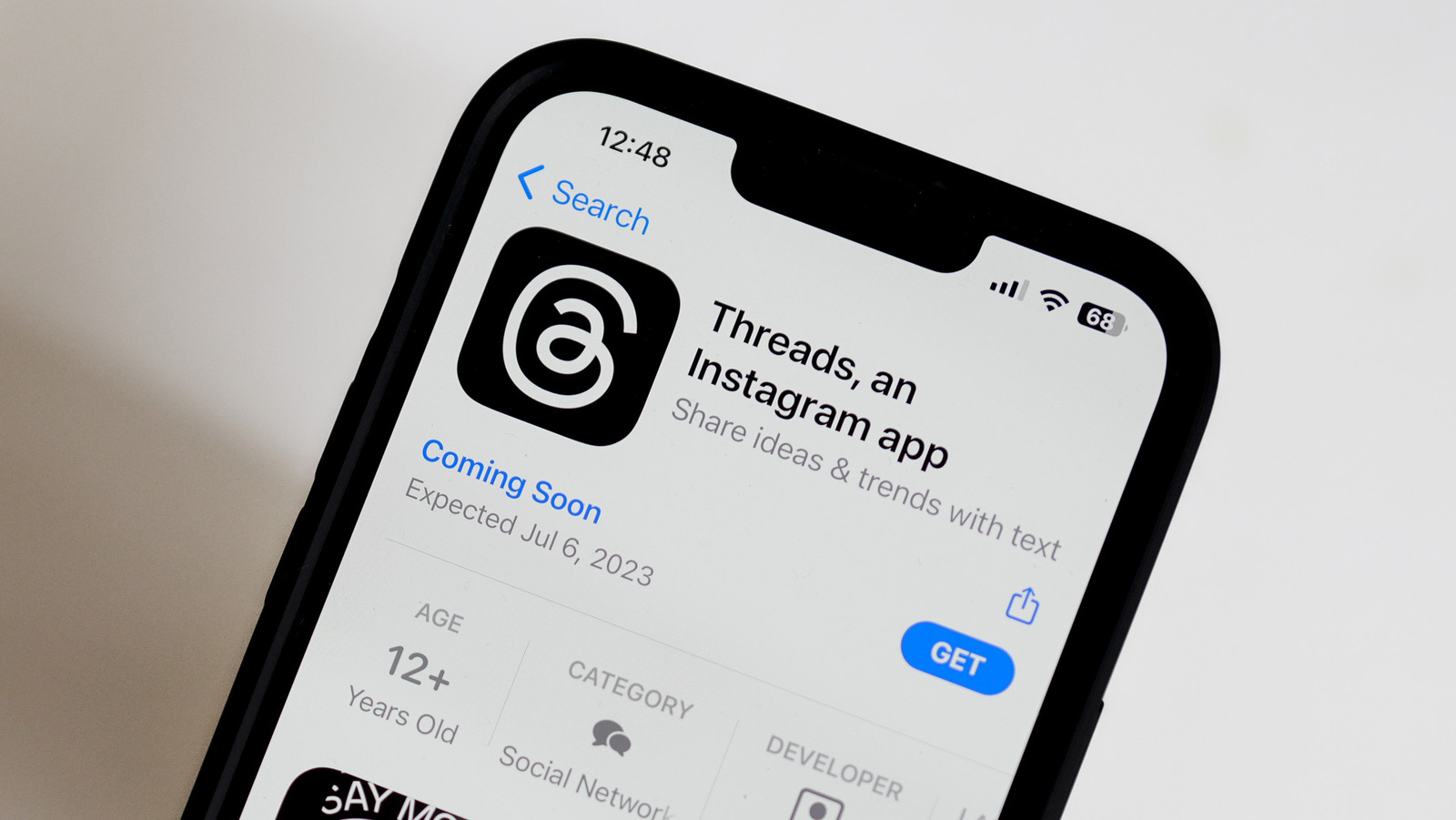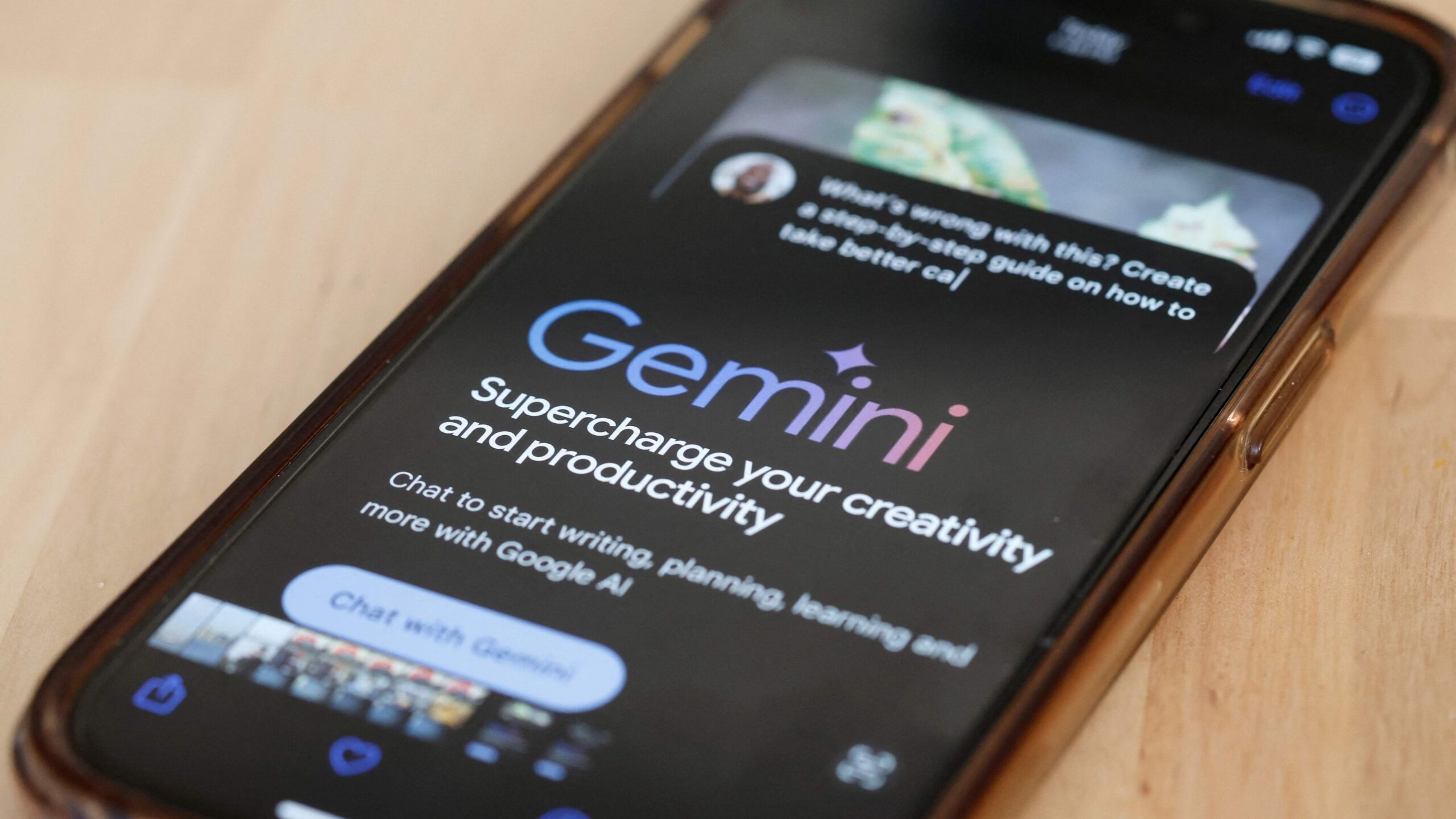Threads, Meta’s Twitter-like platform, has hit 100 million daily active users and surpassed 300 million monthly active users, according to CEO Mark Zuckerberg. It’s the first time Meta has shared a daily active user count for Threads, signaling the company’s confidence in the platform’s growth.
Zuckerberg announced the milestone in a Threads post on Monday, calling the app’s momentum “strong.” Threads launched last year with explosive early growth, reaching 100 million sign-ups in record time. After an initial slowdown, its numbers have steadily climbed. By November, the app had 275 million monthly users, and Apple recently ranked Threads as the second-most downloaded app of 2024, just behind Temu.
How Threads Compares to Rivals
Meta’s push to develop Threads comes as other platforms, such as Bluesky, attempt to carve out their share of the “public square” vacated by some users of X (formerly Twitter). Bluesky has seen growth of its own, nearly doubling its user base in November to reach 25 million total users. However, the decentralized service does not share its daily active user numbers, making direct comparisons difficult. Still, Threads’ scale clearly remains much larger.
Meta has also been quick to integrate new features, some of which appear to take cues from Bluesky. Custom feeds and curated collections, for instance, have made their way onto Threads, alongside tests for selecting a default feed. But bigger changes are coming. According to a report from The Information, Meta plans to experiment with ads on Threads early next year, turning its focus toward monetizing the app.
As Threads continues to grow, Zuckerberg remains optimistic about its potential, speculating that the app has a “good chance” of reaching 1 billion users—a lofty goal but one that Meta appears determined to pursue.
Threads’ growth highlights Meta’s ability to push a platform forward, but sustaining that success will be the real challenge. With ads on the horizon, Meta risks alienating users who enjoy the platform’s current simplicity. The question is whether Threads can keep delivering features that keep users engaged or if its rapid rise will hit the same hurdles as its early days.














